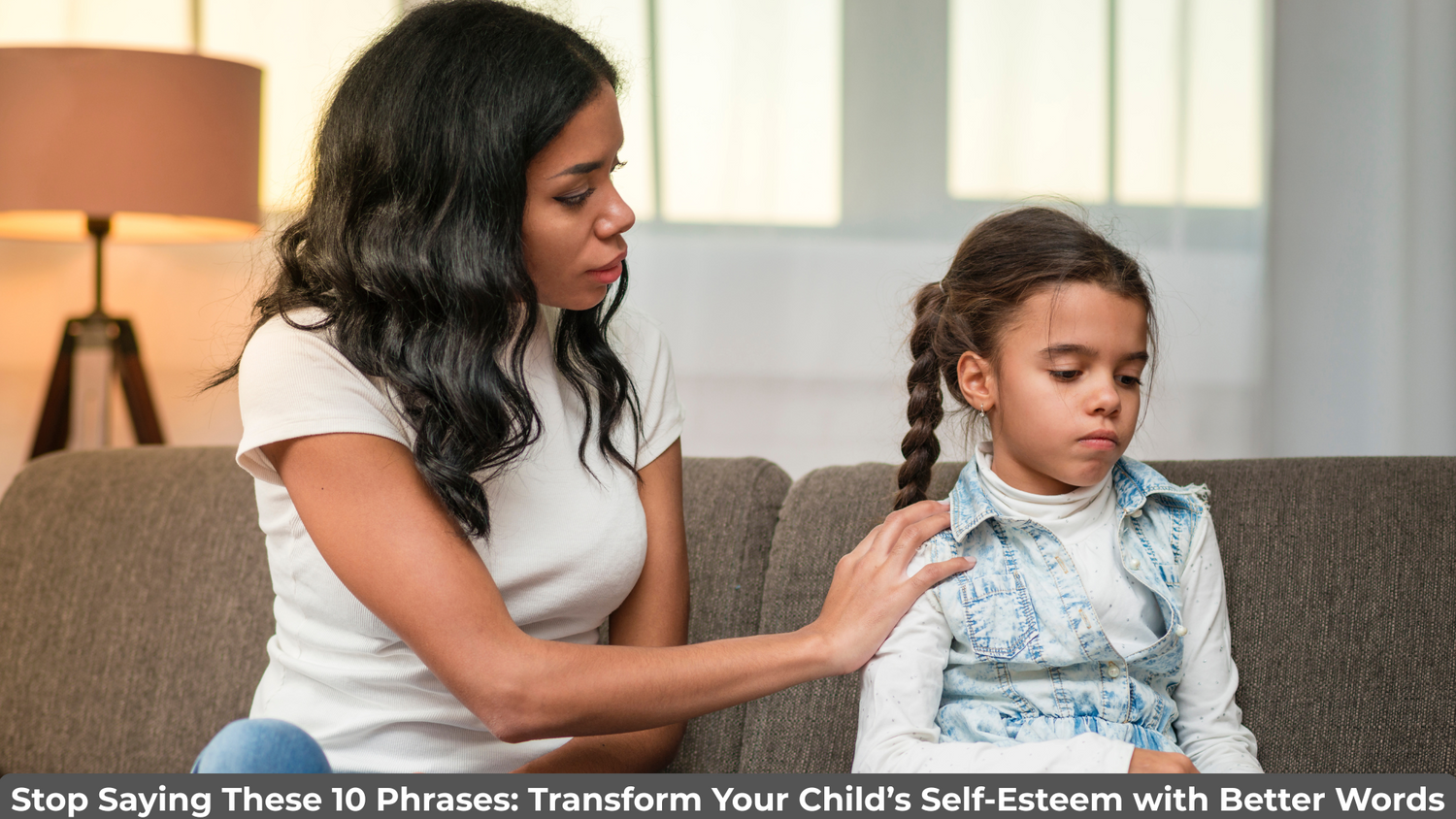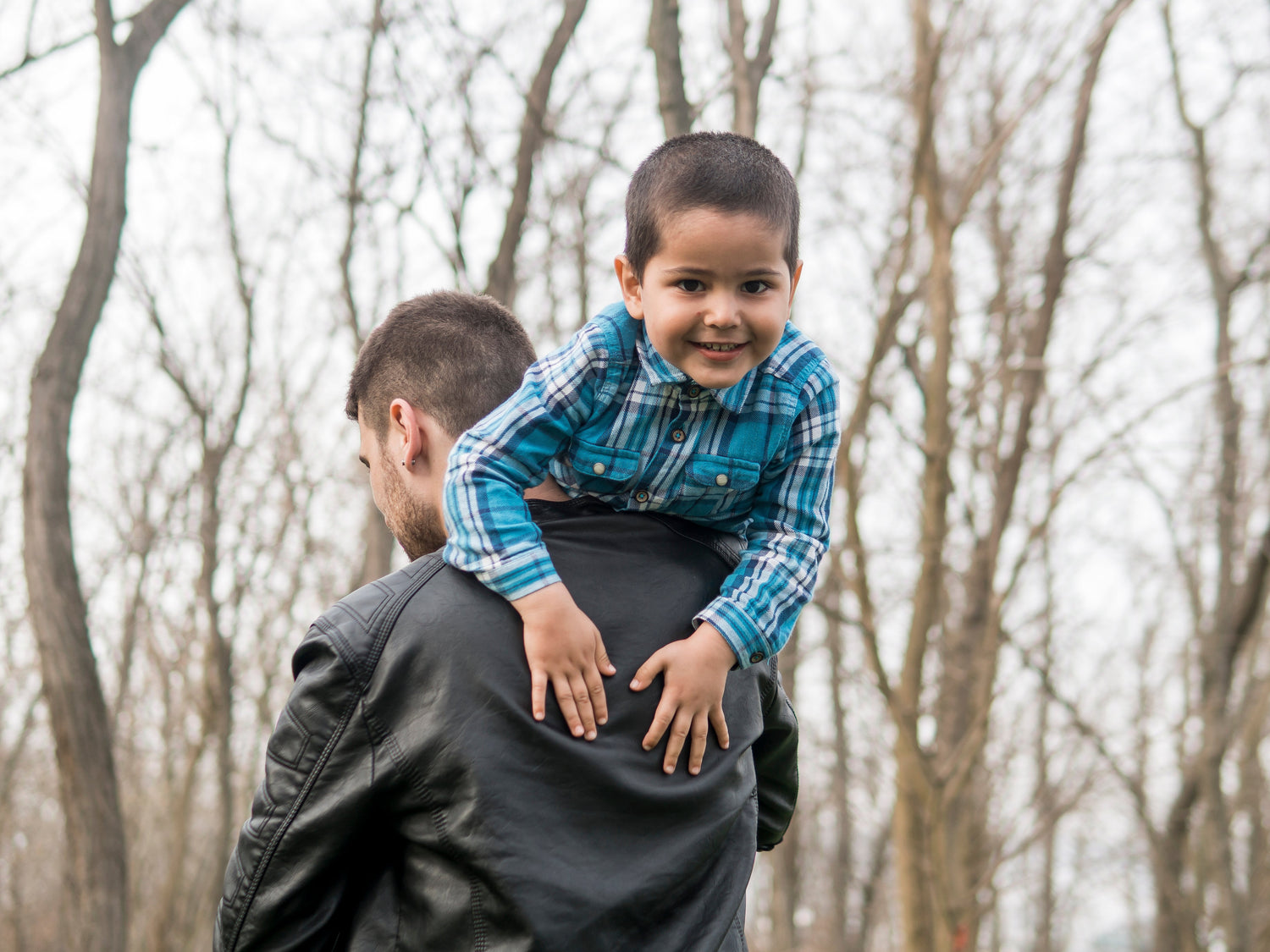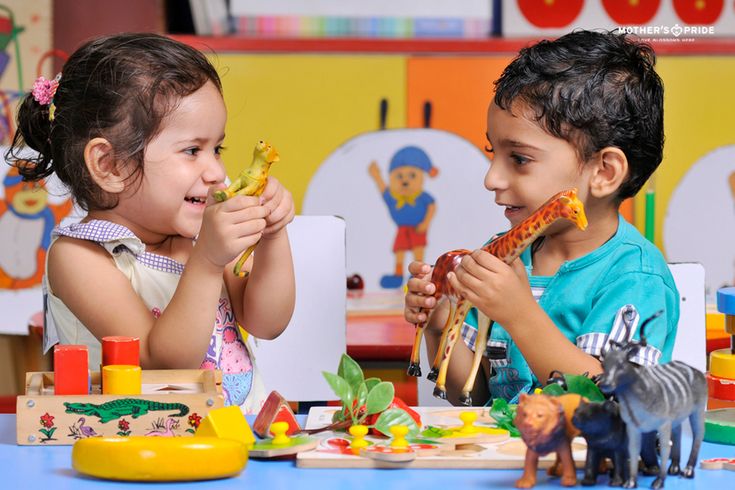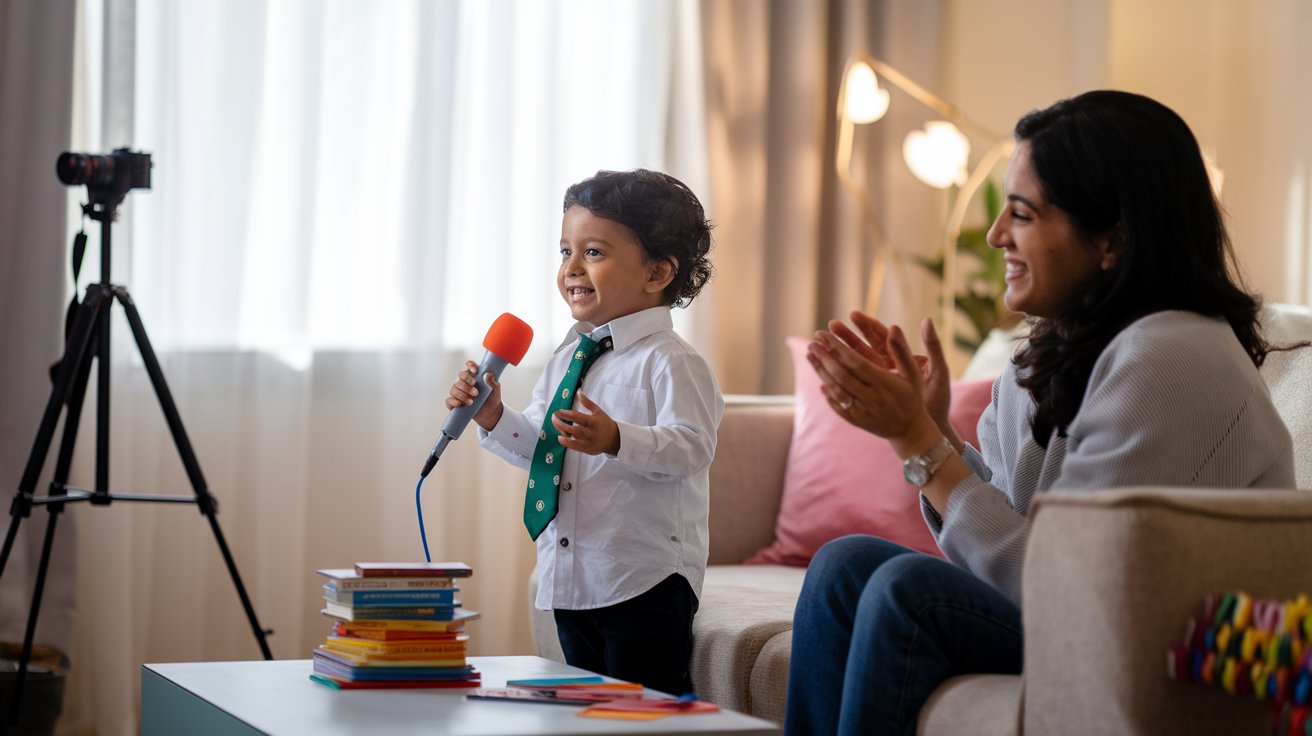Ever noticed how your child learns best when they're playing with others? Social skills are the building blocks of a successful and happy life, but did you know that the right toys can be a secret weapon in teaching these crucial skills? Let's explore how the toys your child loves can do more than just entertain—they can help build empathy, cooperation, and understanding in ways you might not expect!
Toys as Social Tools: Laying the Foundation for Interaction
Toys are more than just fun; they are instruments for social learning. When children engage with toys like action figures, dolls, or building sets, they often do so with peers or family members. This interaction is crucial for developing communication skills, such as expressing desires, negotiating roles, and resolving conflicts. For example, when children build together with blocks, they must share materials, discuss plans, and collaborate to complete their project. These experiences teach the basics of teamwork and cooperative play.
Empathy Through Role-Playing: Understanding Feelings
Role-playing toys, like costumes or pretend play sets, allow children to explore different characters and scenarios. This kind of imaginative play is vital for developing empathy, as it helps children understand and experience emotions from another person’s perspective. For instance, when playing 'doctor,' a child learns to recognize and respond to another's needs and feelings, fostering a sense of care and compassion. By stepping into various roles, children practice seeing the world through different eyes, which is foundational for empathetic understanding.
Board Games: Practicing Patience and Fair Play
Board games are excellent for teaching children about patience, strategy, and dealing with the outcomes of competition. Games like "Scrabble" or "Chess" require players to wait their turn, think ahead, and accept both victory and defeat gracefully. These games help children learn about fairness, respect for rules, and the importance of both winning and losing with dignity. They also offer opportunities for children to practice empathy, as they learn to celebrate others' successes and support their peers during losses.
The Power of Pretend Play: Exploring Social Roles
Pretend play, where children create and act out various scenarios, is a rich ground for learning social norms and expectations. When children play games like 'house' or 'school,' they experiment with social roles and relationships, exploring concepts like leadership, cooperation, and caregiving. This type of play helps them understand complex social dynamics and develop the ability to navigate them. It also encourages emotional expression and recognition, as children act out different roles and respond to their playmates' actions.
Cooperative Toys: Learning to Work Together
Toys that encourage cooperative play, such as group building sets or interactive games, are essential for teaching teamwork. These toys require children to work together towards a common goal, fostering communication, sharing, and joint problem-solving. For example, completing a large puzzle requires each child to contribute and collaborate, reinforcing the value of cooperation and the joy of shared success. These experiences are crucial for developing the ability to work well with others, a skill that will be valuable throughout their lives.
Learning Through Storytelling: Understanding Different Perspectives
In India, storytelling is an important tradition, from ancient epics to bedtime stories. Storytelling toys, like puppet theaters or interactive books, build on this tradition and help kids create and share their own stories. This kind of play boosts creativity and helps children understand different viewpoints. For example, when kids hear stories about characters facing challenges or showing kindness, they learn about empathy and different ways of thinking.









